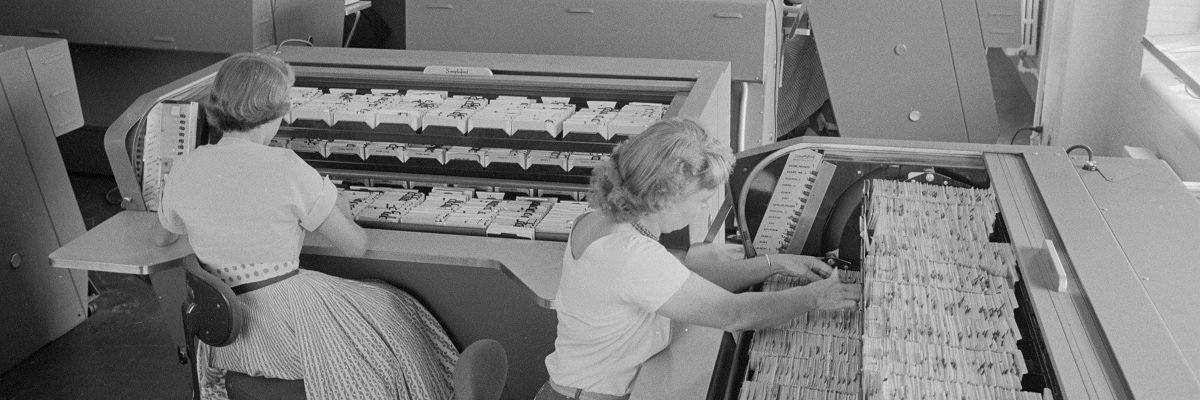Few parts of the FOIA process are more frustrating than finally hearing back from an agency after months of anticipation, only to be handed an invoice for a few hundred dollars in duplication fees. (That frustration is doubled when dealing with the Federal Bureau of Investigation, which appears to go out of its way to saddle requesters with costs.) In fact, the FOIA Improvement Act of 2016 was in part meant to specifically address those frustrations, prohibiting agencies from charging fees if certain conditions are met. However, as is so often the case, sometimes agencies need a gentle reminder of legal requirements.
According to the Department of Justice’s Office of Information Policy, if an agency fails to process a request within FOIA’s “20 working days” limit, then:
no search fees may be charged to “all other” or “commercial use” requesters and no duplication fees may be charged to requesters in preferred fee categories, i.e., representatives of the news media, and educational or noncommercial scientific institutions.
According to MuckRock numbers, the average response time for the FBI is 147 days - over seven times the legal limit. If you’re reading this, there’s a good chance you qualify for the media fee category. Putting those two together, and it’s starting to look like you’ll never have to shell out $15 for a CD of .pdfs again.
Well, not quite. OIP guidance goes on to identify three circumstances in which agencies are still allowed to charge fees even though the agency blew the deadline. The first one involves a lawsuit, so it probably won’t apply to your request unless your name rhymes with “Smason Smeopold,” but the other two, lumped together as “unusual circumstances” are actually pretty darn usual.
The second exception is for when an agency recognizes it needs an additional ten days to respond and has notified the requester within the 20 day limit. While requests for these extensions are fairly common, it’s important to note that this exception only applies if the agency processes the request within that 10 day extension. That’s fairly uncommon, so an agency extension letter doesn’t automatically mean you’re on the hook for fees.

And here comes the bad news. The third exception applies to cases where the agency has to process 5,000 pages or more. Since a lot of agencies - looking at you, FBI - tend to pad out releases with duplicates and cover sheets to an infuriating degree, this circumstance comes up quite a bit.
However! That said, a closer look at the OIP’s “decision tree” for fee assessment shows that the onus is on the agency to meet additional criteria, such as “three good faith attempts” to discuss narrowing the request, before the third exception is met. So if even if your request is 5,001 pages, if nobody from the agency reached out to you, they can’t charge you a dime.

Alright, so let’s review. Broadly speaking, according to the FOIA Improvement Act of 2016, an agency cannot charge any fees whatsoever if …
-
The “20 working days” limit was not met
-
The requester is in the media fee category
-
The request is under 5,000 pages
This was exactly the situation that journalist Nick Martin found himself in when, after four months of processing, the FBI hit him up with a $2,235 duplication fee for 902 pages on “Father of the Patriot Movement” Martin James Beckman.
So wait ... is the FBI asking for $2,235 to complete this #FOIA request on Red Beckman, the "father" of the so-called Patriot Movement (and a notorious anti-Semite)? https://t.co/s8S8E3YycJ pic.twitter.com/TLxv7v76bG
— Nick Martin (@nickmartin) June 27, 2019
Thanks to some appeal language courtesy of Emma Best, Martin then reminded the Bureau that, well, it wasn’t legally allowed to do that.

And wouldn’t you know it, the FBI suddenly remembered it wasn’t legally allowed to do that.
Funny how that works, huh?
Image via FBI.gov




